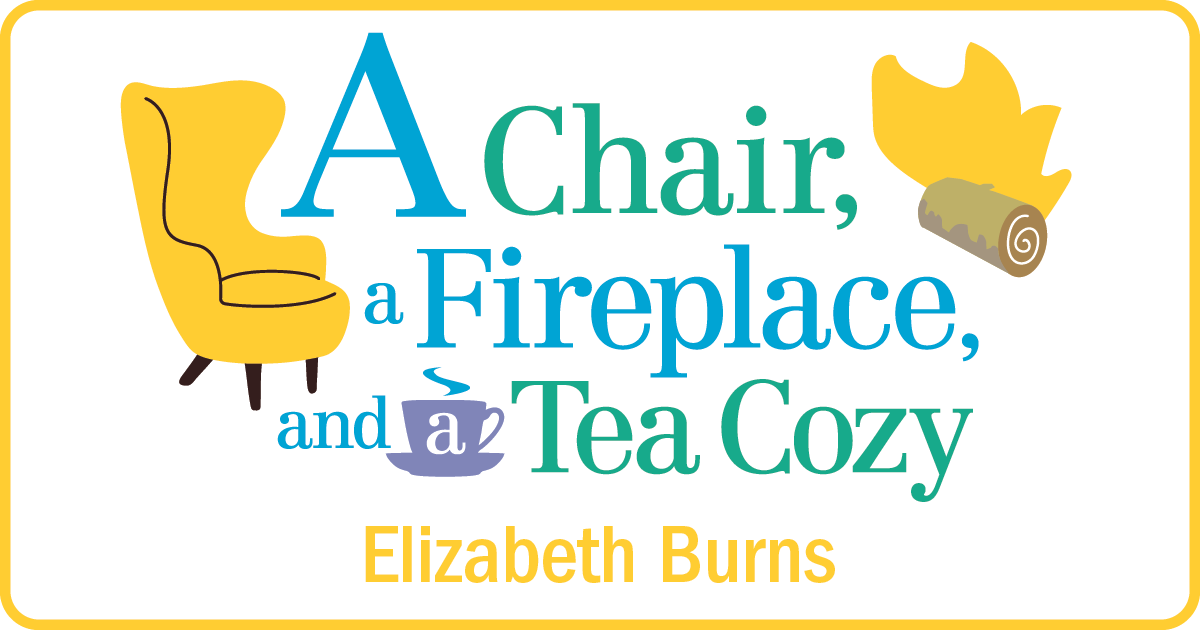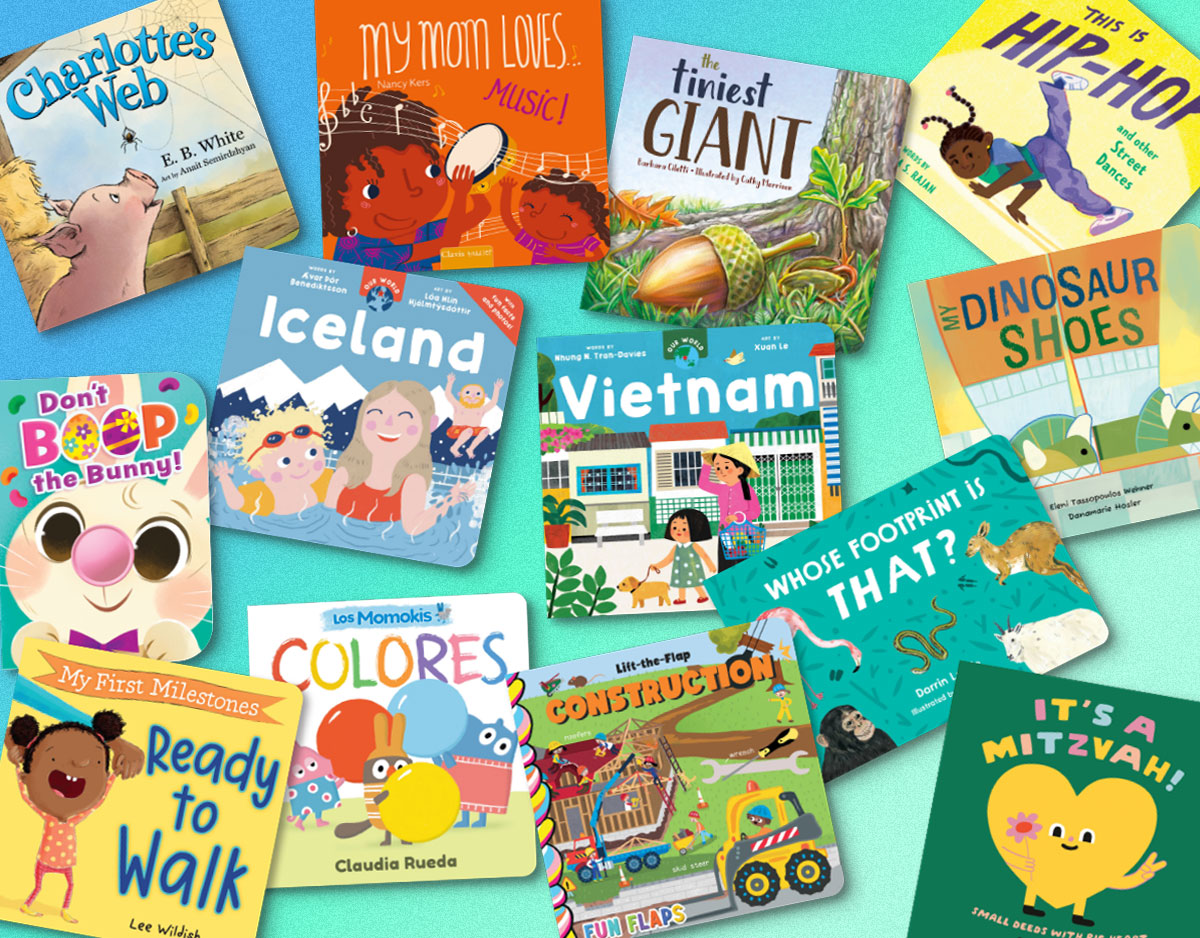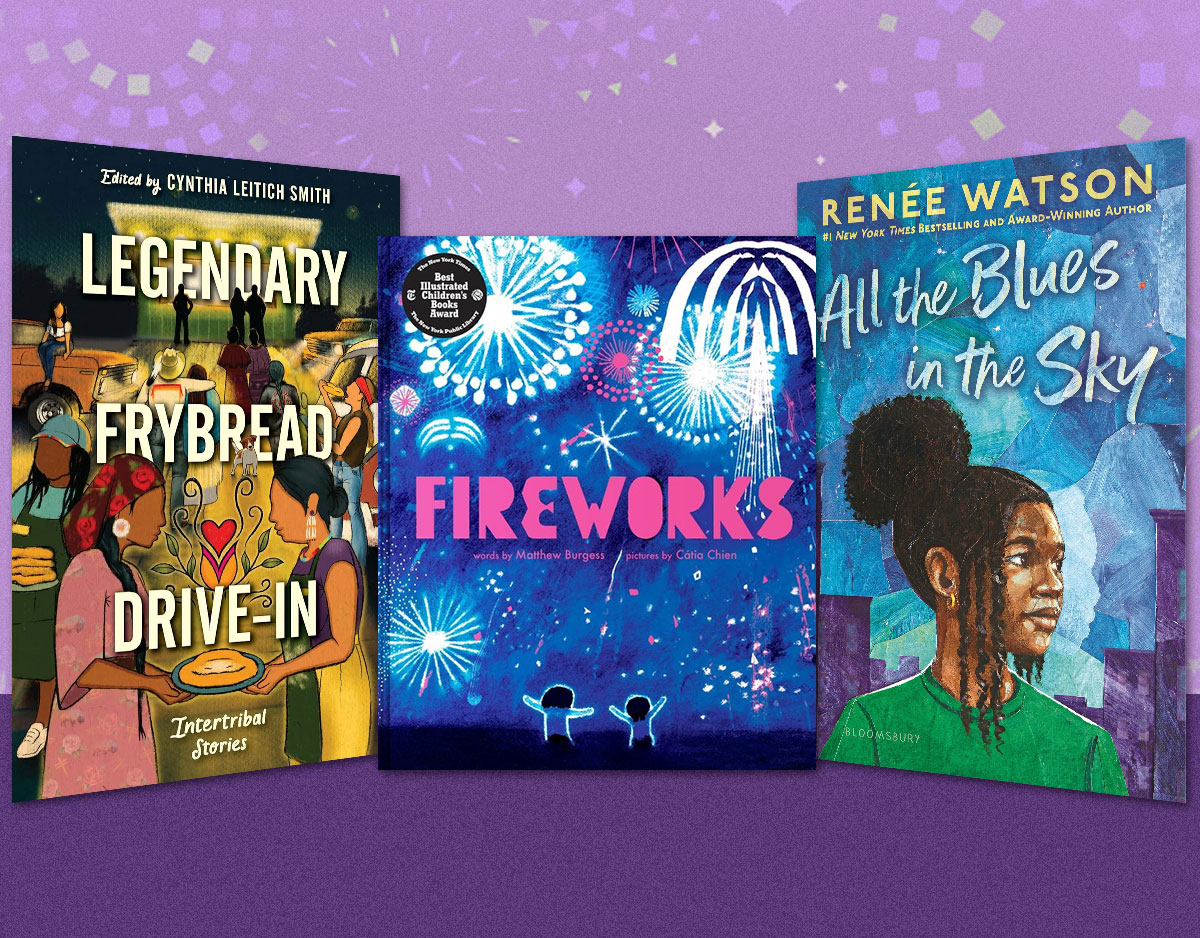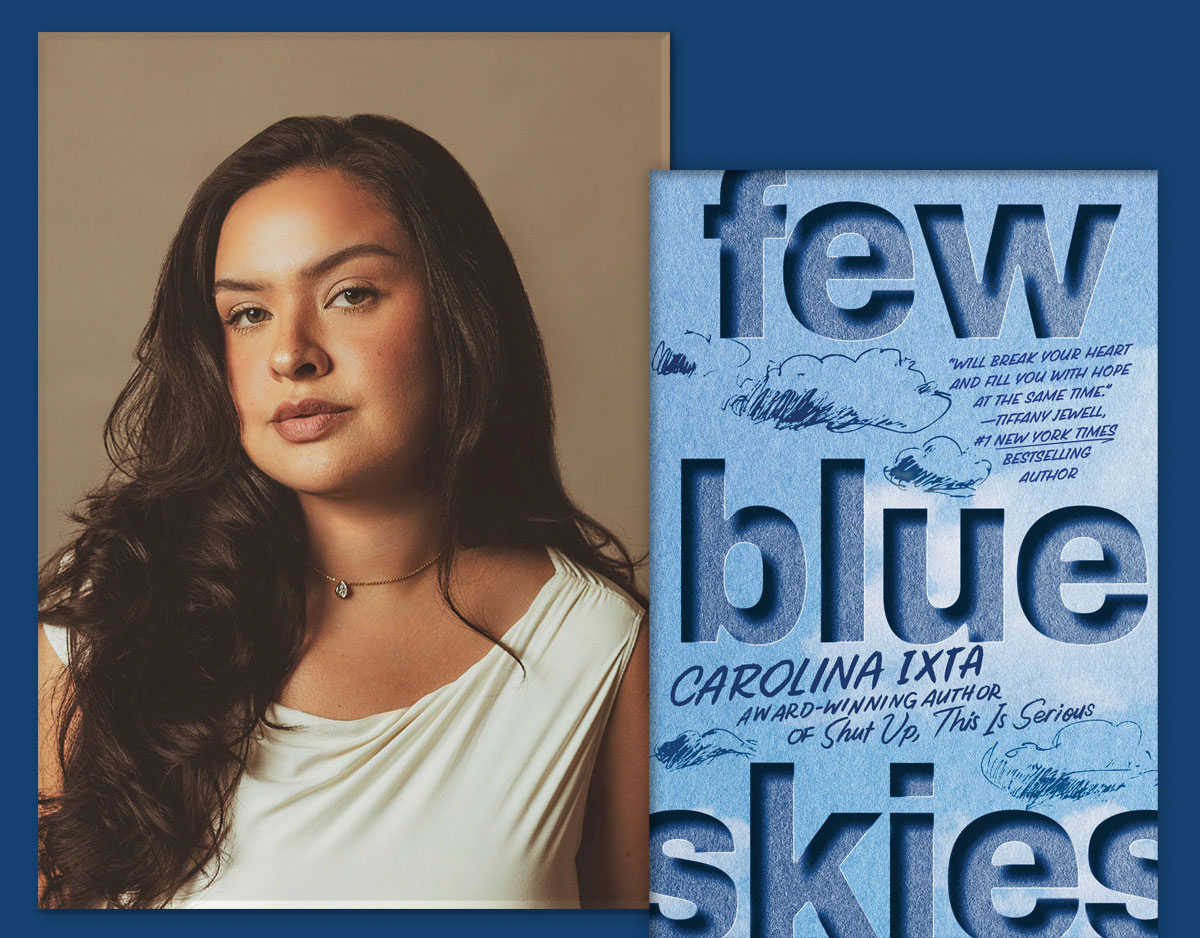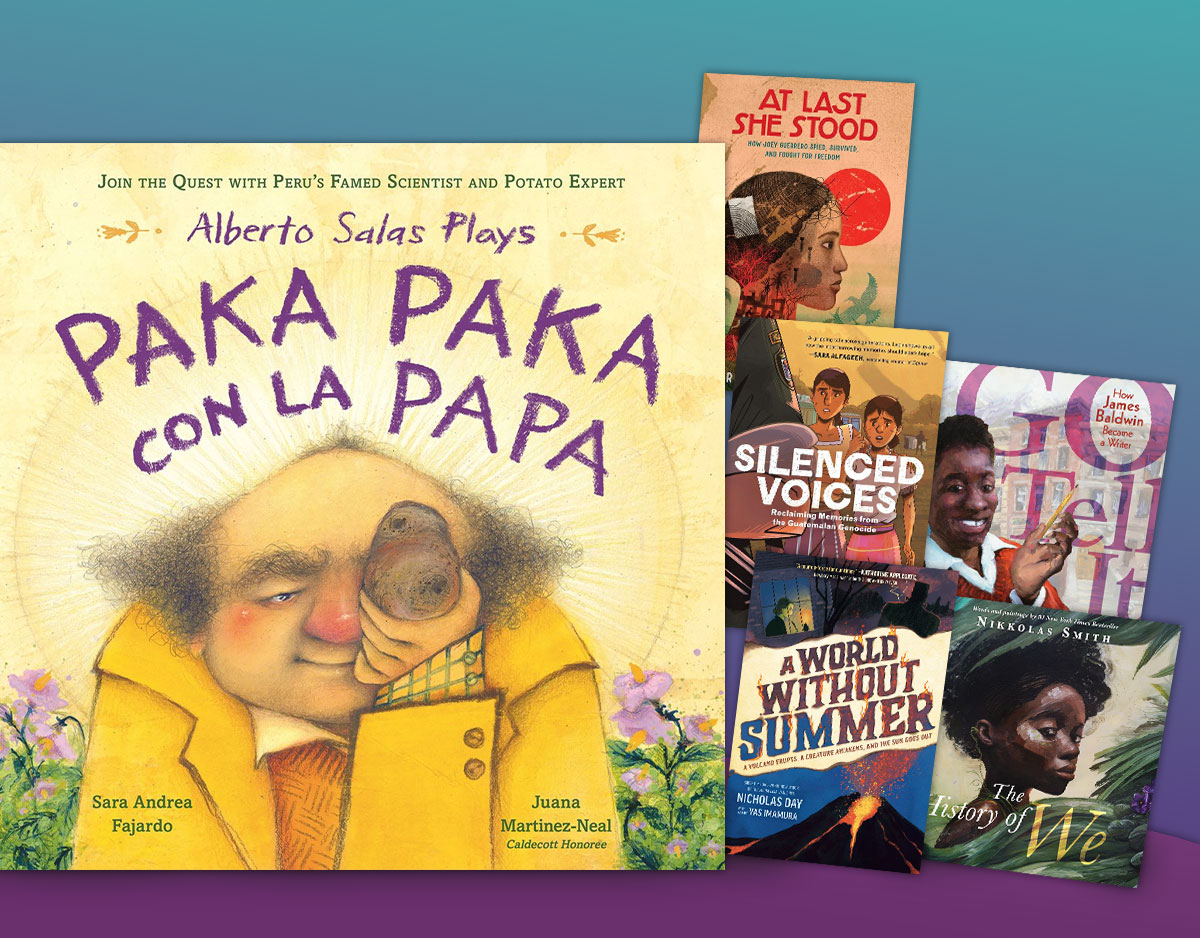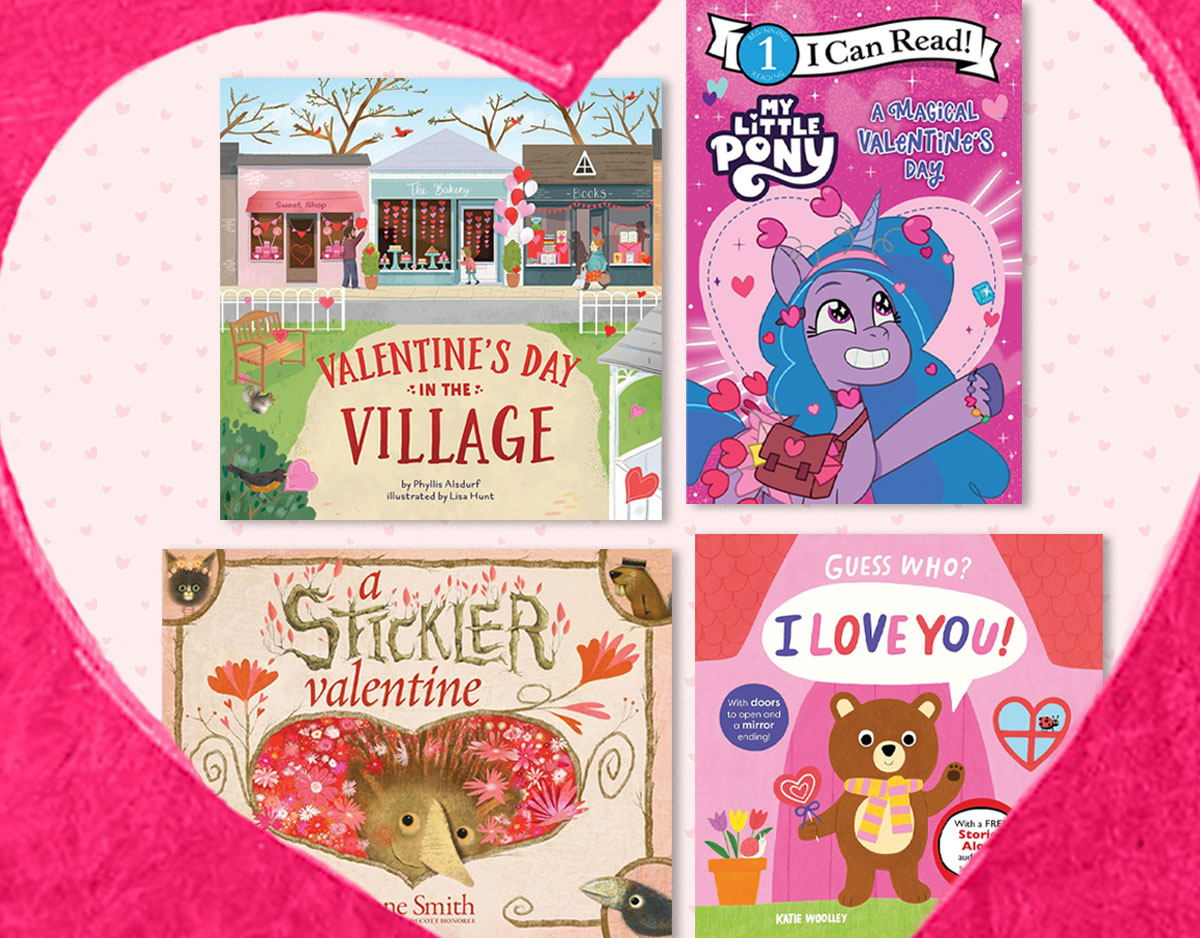SCROLL DOWN TO READ THE POST
Spoil This
Spoilers are a funny thing. Well, maybe not spoilers so much as how people react to them and what they mean. In a nutshell, a “spoiler” is something about the plot of a book, movie, or TV show. The term implies, in a way, that this somehow “spoils” the reader/viewer experience. But does it? I suggest not — but I also suggest that people wanting to avoid spoilers should not be dismissed.

Why spoilers do not spoil
Have you ever heard something called, say, “a retelling of” (insert a story, play, myth, etc.) Yes? Well, then, that right there spoils the whole work, theoretically. And yet, these retellings are enjoyed. It’s not the destination but rather the getting there.
ADVERTISEMENT
ADVERTISEMENT
In terms of enjoying the “getting there” rather than the “destination,” I sometimes read the back of the book before I read the whole book. Not always, but sometimes. People may sometimes be shocked at this, but doing so doesn’t stop me from reading the book. I do it for two reasons: one, for some reason I am getting anxious about the fate of a character and need to know he or she will be OK. Two, the book isn’t working for me and I want to see if where it ends up is such to inspire me to read the entire thing. Both, then, are reasons why being spoiled doesn’t stop me from reading. And enjoying.
But I want to discover those things on my own
On the other hand — while reading, I like to discover things on my own. I like to be following the path the author has made and get excited or dismayed by the twist that happens, the reveal I didn’t see coming, the character I didn’t fully understand now revealed. I want to discover the book as written, not as “spoiled” by someone else telling me, oh, the twin sister did it. I want to read to learn there even is a twin sister.
Do those positions contradict?
NO. Because what remains consistent between the two is quite simple:
MY CHOICE
It is, at all times, my choice to read the back of the book. Or my choice to search out those reviews that reveal more of a plot. Or to read critiques that get into the meat of the book, including what happens and why and the author’s style. To be honest, with books it’s usually easier to keep knowing or not knowing spoilers my choice. I see reviews for a book I plan on reading, and don’t read them. I hold off on them until after I’ve read the book.
With films and TV shows, it can be harder, because people like to talk about what they are watching and that talk is often online.
I’ve realized that if I don’t want to be spoiled for a TV show, I either need to watch it when it first airs or stay off Twitter or FaceBook.
I don’t expect the world NOT to read, review, or react, so if it’s going to bother me, I purposefully prioritize my viewing or stay away from those areas where folks who already saw it are talking about it. I’m not going to get upset, or angry, if I’m “spoiled” for something that is already out there. Frankly, at that point, it’s not fair to tell people they cannot talk about a show or book. At a certain point, “Anne marries Gilbert” doesn’t need spoiler warnings.
When I’m spoiled like this, I take a deep breath and remind myself that even though I would have enjoyed an unknowing reading/viewing experience, it doesn’t ruin the overall enjoyment of the book, film, or TV show. Also? Such spoiling isn’t done on purpose. And sometimes? Those spoilers push me to read or watch something. Reading how people loved Leslie Knope and her marriage to Ben wasn’t a “spoiler” to what happened, but rather a reason to start watching a show to find out just why people love Leslie.
That said, what I hate with a passion is deliberately ruining another person’s experience; in other words, removing that choice and pushing that information onto them. Especially when it’s done in a mean context. For an example of what I mean, take a look at the Urban Dictionary entry on Snape Kills Dumbledore.
ADVERTISEMENT
ADVERTISEMENT
Aha, you may say! You just spoiled that for people! Except look, here, at the forum: I’m an adult writing for adults, within a specific industry (children’s and young adult books), and so I think that the majority of people here know that already. I’m not writing at a place aimed at ten-year-olds who are new to the Harry Potter world.
Context. Intent. It actually does matter.
These are things that I think about when I write posts about books, and I try to not reveal spoilers, or at least to mark them as such. I think, what did I like discovering on my own? Can I not reveal it? On the other hand, sometimes that is exactly what makes the book worth discussing so it has to be revealed to be talked about. Upon occasion, I’ve even split the review into two parts, so that readers can have the choice on how “spoiled” they want to be about a title.
Here’s another example, and now I’m assuming, again, a certain shared knowledge so that what I’m about to say is not a spoiler to you. Laurie Halse Anderson’s Speak. In part, it’s about a girl recovering from a rape. (It’s also about depression). When you booktalk this to an audience that is not familiar with this title at all — so, to young teens — do you tell them it’s about a rape? Or, since Melinda herself takes her time before revealing this to the reader, do you just say something bad happened?
When someone says they haven’t watched Games of Thrones, do you say “wait until you see when so-and-so dies?” I see a difference between that, and between someone happening upon an article, post, or comment talking about what happened in the first season.
So, what are your opinions on Spoilers?
Is it different for shows and books?
What about the passage of time?
Does the audience matter — is it OK to spoil adults but not children and teens?
Does it matter what type of book it is? (I haven’t even touched on how spoilers may be worse for certain types of books, like mysteries!)
Filed under: Uncategorized
About Elizabeth Burns
Looking for a place to talk about young adult books? Pull up a chair, have a cup of tea, and let's chat. I am a New Jersey librarian. My opinions do not reflect those of my employer, SLJ, YALSA, or anyone else. On Twitter I'm @LizB; my email is lizzy.burns@gmail.com.
ADVERTISEMENT
SLJ Blog Network
Notes on January 2026
Review of the Day: A Scar Like a River by Lisa Graff
2026 Youth Media Awards
Goodbye for Now
Young Teen Lit Top 10
The Classroom Bookshelf is Moving
Kelly Yang on Storykind
ADVERTISEMENT
ADVERTISEMENT

